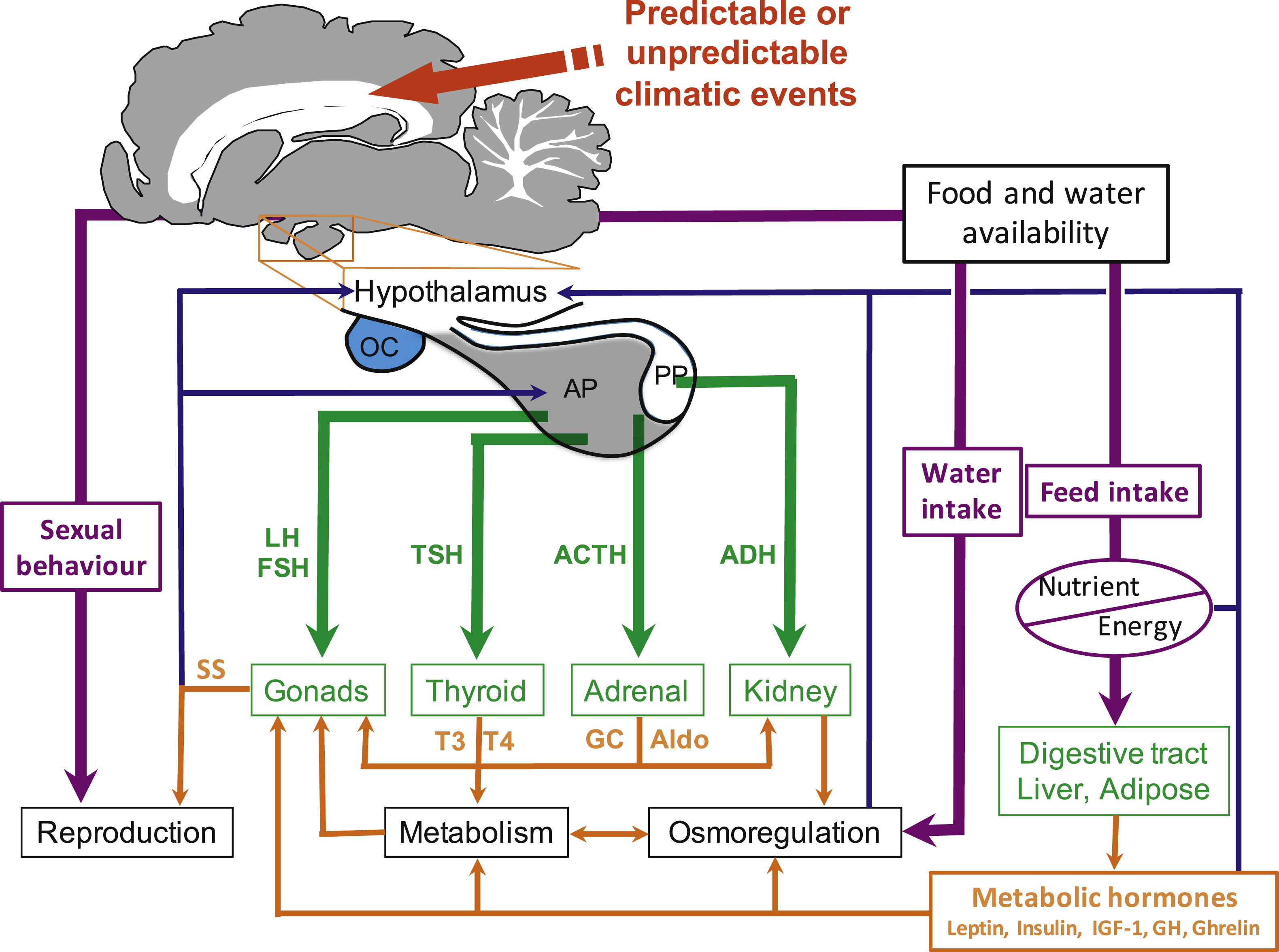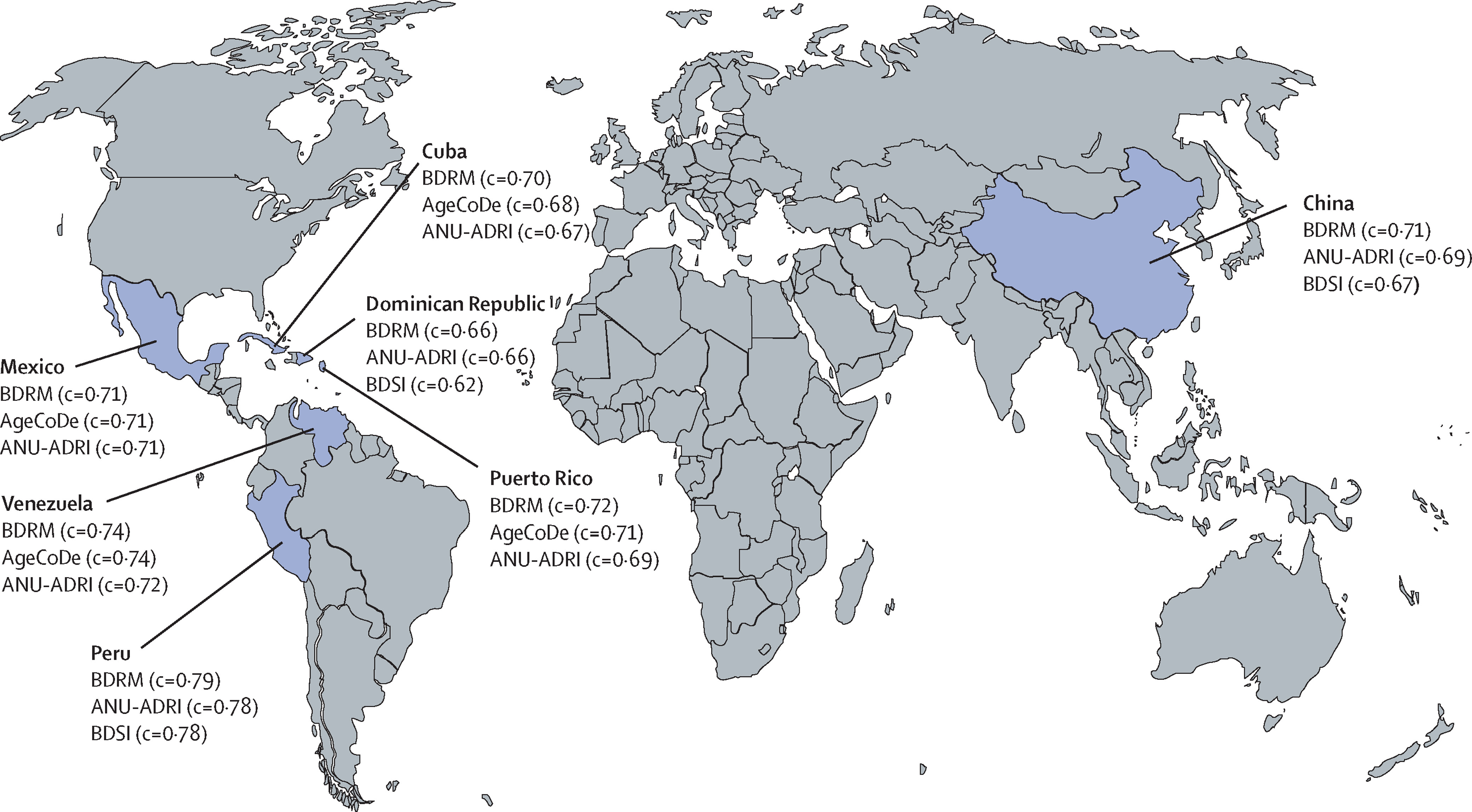Current Opinion in Psychology, Volume 32, April 2020
Although several empirical studies and systematic reviews have documented the mental health impacts of global climate change, the range of impacts has not been well understood. This review examines mental health impacts of three types of climate-related events: (1) acute events such as hurricanes, floods, and wildfires; (2) subacute or long-term changes such as drought and heat stress; and (3) the existential threat of long-lasting changes, including higher temperatures, rising sea levels and a permanently altered and potentially uninhabitable physical environment.
Current Opinion in Endocrine and Metabolic Research, Volume 11, April 2020
Climate change will expose mammals to an array of stressors, some new, and some with increased frequency and severity. Those stressors influence endocrine and metabolic function, with potential consequences for the survival and persistence of mammalian species. Here, we review the similar consequences of climate change on the physiological function of terrestrial mammals, including direct effects of increasing air temperatures and reduced water availability, as well as the indirect effect of reduced or unpredictable food supply.
The Lancet Global Health, Volume 8, April 2020
Mitochondrion, Volume 51, March 2020


